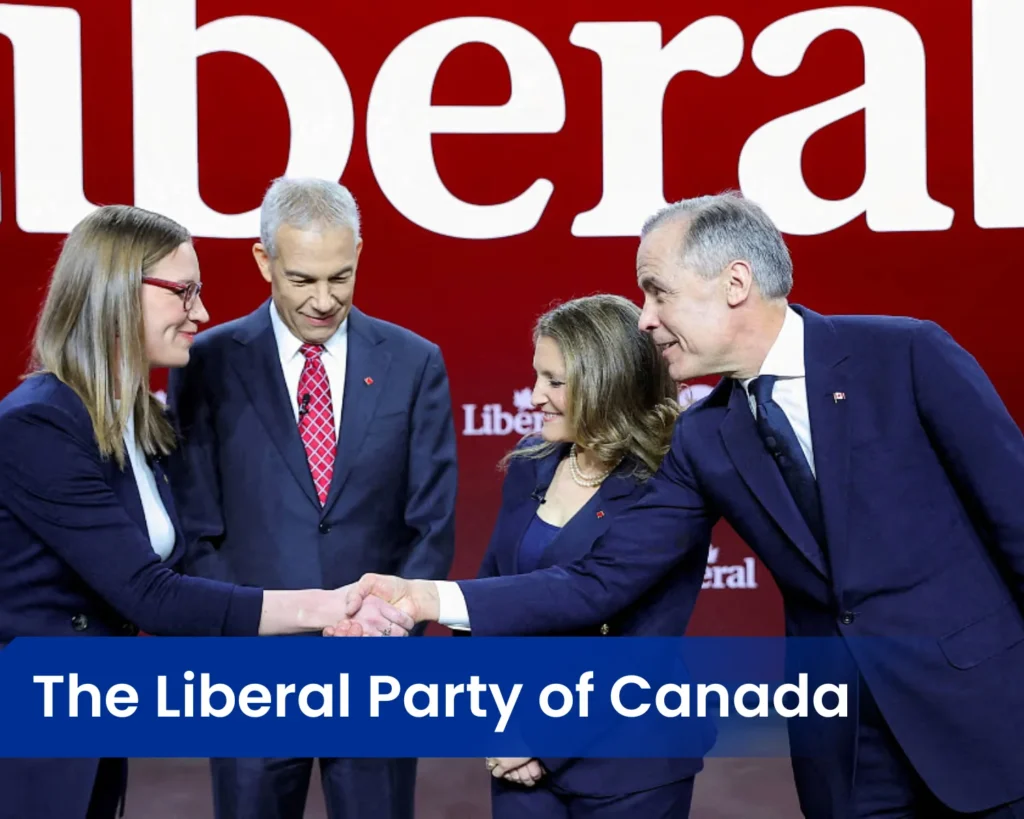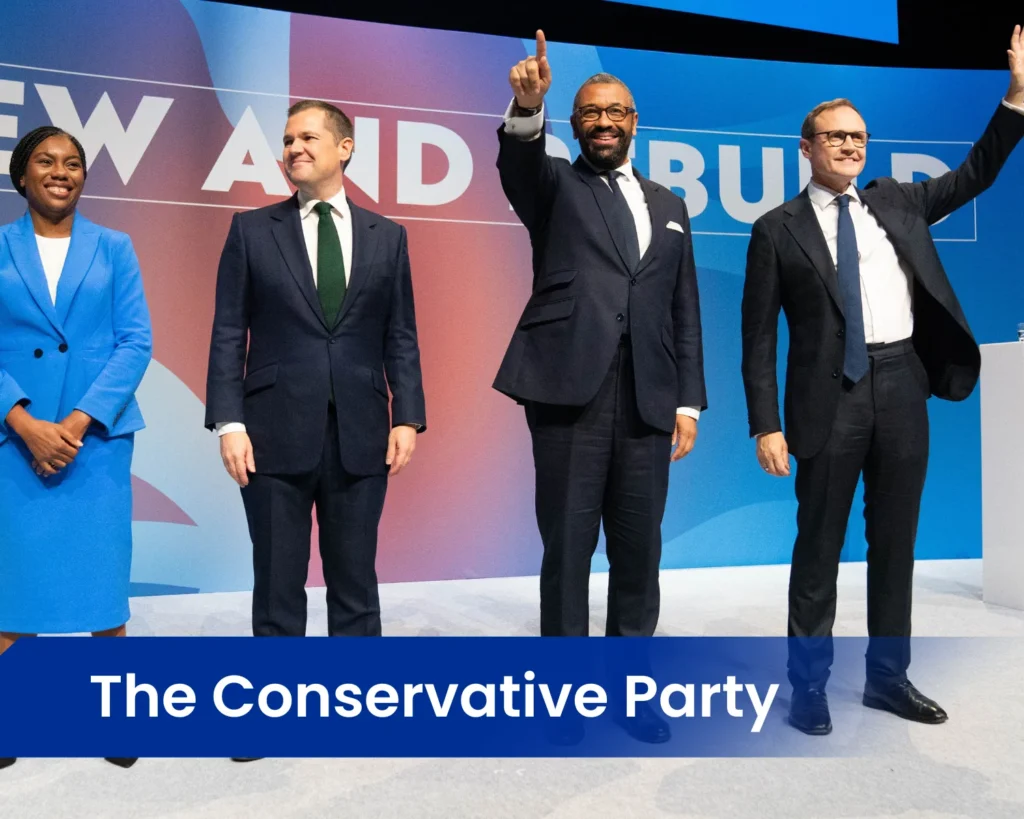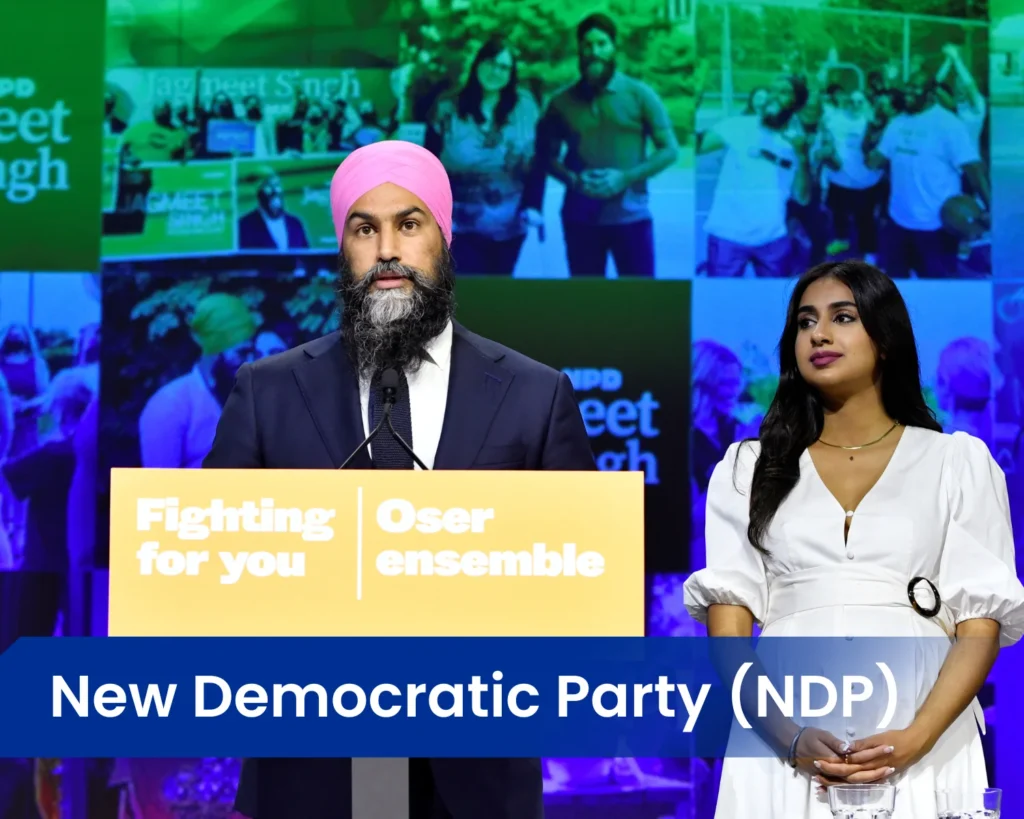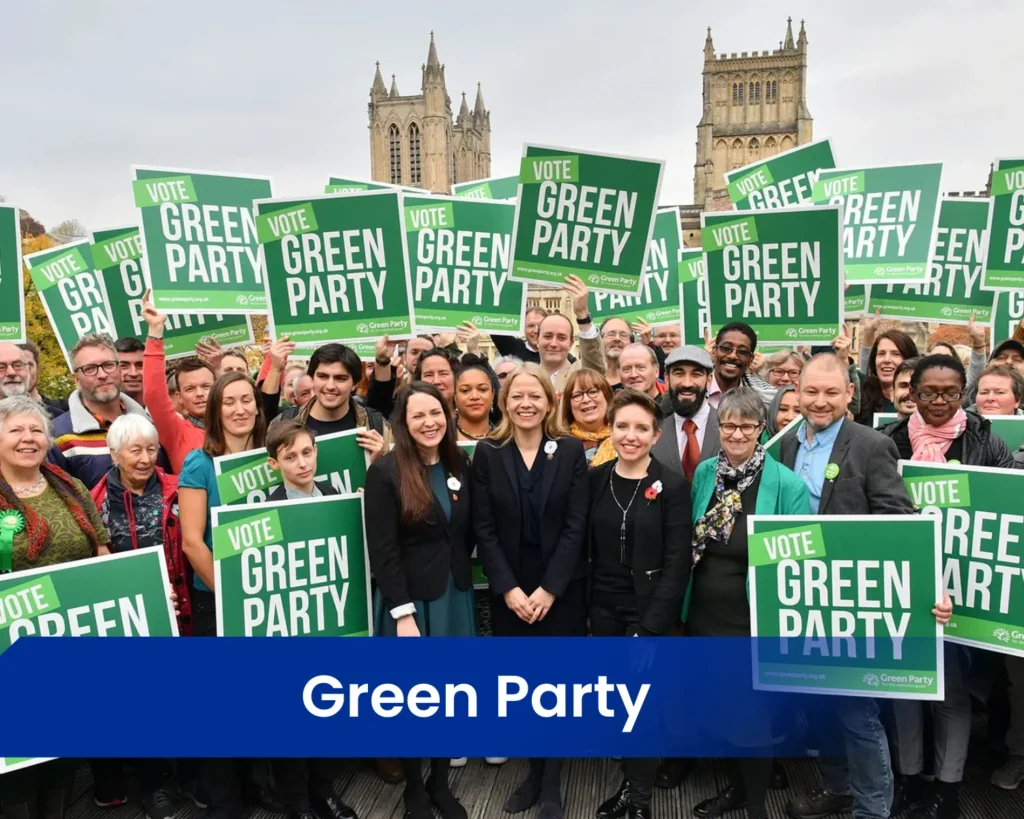Canada Immigration Caps: A Crucial Election Issue
Canada’s immigration policies have undergone significant changes in recent years, shaping the country’s economic and social landscape. With immigration caps introduced by the Liberal government, the debate around limiting new arrivals has gained political traction. While not the most pressing concern for voters, polling places immigration among the top ten election issues.
Many Canadians worry about the strain on public services, housing shortages, and employment competition, while others emphasize the economic benefits and humanitarian responsibilities of a robust immigration system. This article explores where each major political party stands on the matter and what it could mean for Canada’s future.
Liberal Party: Maintaining Current Caps
The Liberal Party intends to retain the recently introduced immigration caps. Party leader Mark Carney emphasized that post-pandemic immigration surged beyond Canada’s infrastructure capacity, particularly in housing and education. As a result, the Liberals argue that current caps should remain until sufficient housing is developed.

While Carney did not specify when these restrictions would be lifted, he acknowledged the need for a more sustainable immigration approach. The party also reassured that skilled labor and refugee intake will still be prioritized within the set limits to ensure economic growth and fulfill humanitarian commitments.
Conservative Party: Advocating for Stricter Limits
The Conservatives have also voiced support for capping immigration, with leader Pierre Poilievre strongly opposing the Century Initiative, a proposal to expand Canada’s population to 100 million by 2100. Poilievre criticized the Liberal government for inflating housing costs and straining public resources.

He pledged to curb immigration, enhance border security, and limit temporary foreign worker programs to essential sectors such as agriculture and small businesses with labor shortages. Additionally, the Conservatives propose tightening asylum-seeker policies, ensuring faster deportations for rejected applicants, and prioritizing Canadian workers for jobs to address wage stagnation concerns.
New Democratic Party (NDP): Reforming the System
The NDP argues that both Liberals and Conservatives have structured an immigration system favoring corporate interests over Canadian workers. Campaign spokesperson Anne McGrath stated that an NDP-led government would conduct a thorough review of immigration levels.

The party seeks to ensure that foreign workers granted employment opportunities in Canada also receive pathways to permanent residency. Additionally, the NDP proposes streamlining the recognition of foreign credentials to help immigrants integrate into the workforce more efficiently, reducing underemployment among skilled professionals who move to Canada.
Bloc Québécois: Reducing Temporary Immigration

The Bloc Québécois has consistently called for a decrease in temporary immigration. The party urges the federal government to distribute asylum seekers more evenly across provinces. In 2023, it proposed a motion advocating for immigration levels to be determined based on provincial capacity in areas such as healthcare, housing, and education, particularly with respect to maintaining French-language integration in Québec. The party also calls for greater provincial autonomy in selecting immigrants and processing applications to ensure Quebec’s distinct cultural and linguistic identity is preserved.
Green Party: Province-Based Immigration Caps
The Green Party believes immigration limits should align with provincial resources and capabilities. Co-leader Jonathan Pedneault stated that while caps may create an illusion of control, they fail to address the broader challenges of integration. The party highlights the inevitability of rising migration due to geopolitical factors and advocates for a more adaptive, province-led approach.

The Greens also propose increasing funding for settlement services, language training, and affordable housing projects to ensure that newcomers can integrate more successfully and contribute positively to Canadian society.
The Future of Canada’s Immigration Policy
With immigration shaping Canada’s economic and demographic trajectory, the upcoming election could determine future population policies. While some parties advocate for tighter controls, others emphasize reforming the system to accommodate both economic demands and humanitarian needs. Voters will ultimately decide which vision aligns with the country’s long-term interests.
Which party’s stance on immigration best aligns with your views? Share your thoughts in the comments below!



This writing has the rare gift of making complex ideas feel both accessible and profoundly meaningful.